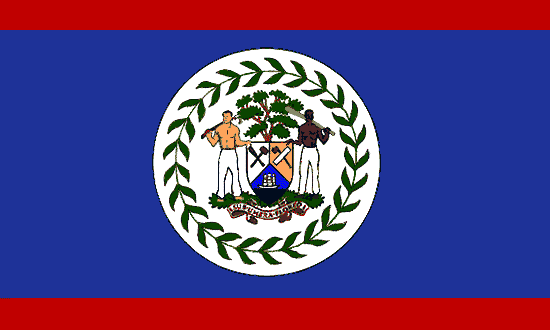Login form
Regional customs and habits
Customs of Barbados
Marriage and Family
 A growing number of young people are choosing not to marry until after they have established themselves financially or have begun their careers. Weddings are important events in the lives of Bajans. Traditionally held in church, a wedding ceremony is followed by a gala reception in a local hall, hotel, or restaurant, at which a steel band will play. Bridal dresses are similar to those worn in western Europe or
A growing number of young people are choosing not to marry until after they have established themselves financially or have begun their careers. Weddings are important events in the lives of Bajans. Traditionally held in church, a wedding ceremony is followed by a gala reception in a local hall, hotel, or restaurant, at which a steel band will play. Bridal dresses are similar to those worn in western Europe or
Customs of Belgium
Marriage and Family
 Long marriage engagements are common, as is living together before or instead of marriage. Only civil marriages are legal, but many couples also have a religious ceremony.
Long marriage engagements are common, as is living together before or instead of marriage. Only civil marriages are legal, but many couples also have a religious ceremony.
The average Belgian family has two children. Both parents often work outside the home. At home, they may share some household duties, but women are still generally considered responsible for many of them and for child care. Married children in
Customs of Benin
Marriage and Family
 A marriage is considered the alliance of two families and most Beninese attach considerable importance to traditional marriage customs, which vary widely. Christians and Muslims mix their respective customs with local ways. Older women from the bride’s family preside over a ceremony at which they accept the groom’s gifts and officially agree to the marriage. This bride-price—which legislation has sought to discourage—and the cost of a proper wedding can be so high that the wedding might be postponed for months or years until sufficient finances are available. In such cases, couples may live together and have children as if married.
A marriage is considered the alliance of two families and most Beninese attach considerable importance to traditional marriage customs, which vary widely. Christians and Muslims mix their respective customs with local ways. Older women from the bride’s family preside over a ceremony at which they accept the groom’s gifts and officially agree to the marriage. This bride-price—which legislation has sought to discourage—and the cost of a proper wedding can be so high that the wedding might be postponed for months or years until sufficient finances are available. In such cases, couples may live together and have children as if married.
Customs of Belize
Marriage and Family
 Many young Belizean women become single mothers, and many men father a number of children by several women and never formally marry, although they may enter into a common-law marriage. Church weddings are usually followed by a colorful reception that includes food, music, and dancing.
Many young Belizean women become single mothers, and many men father a number of children by several women and never formally marry, although they may enter into a common-law marriage. Church weddings are usually followed by a colorful reception that includes food, music, and dancing.
Families tend to be large and often include the extended family. Many Belizeans go to other countries to live and work, and it is common for grandparents to raise grandchildren. Because of the large number of absentee parents, minors now comprise the majority of the population in
Customs of Bolivia
Marriage and Family
 Men usually marry between the ages of 20 and 25, and women marry between 19 and 23. People usually do not marry until they have acquired some financial security. A church wedding often follows the legal civil ceremony, after which there is a reception and dance. The high number of common-law marriages reflects the fact that many Bolivians, especially those in rural areas, cannot afford the cost of a formal wedding. Children usually live with their parents until married and sometimes even after marriage.
Men usually marry between the ages of 20 and 25, and women marry between 19 and 23. People usually do not marry until they have acquired some financial security. A church wedding often follows the legal civil ceremony, after which there is a reception and dance. The high number of common-law marriages reflects the fact that many Bolivians, especially those in rural areas, cannot afford the cost of a formal wedding. Children usually live with their parents until married and sometimes even after marriage.
